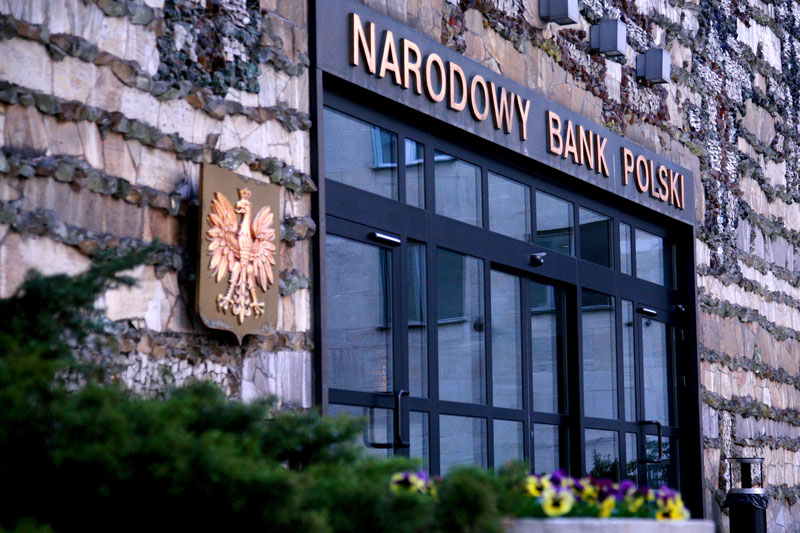By Marcin Goettig
WARSAW (Reuters) - Poland's central bank is likely to keep interest rates unchanged next year as wage growth is expected slow down and inflation will remain in check, rate-setter Jerzy Zyzynski said.
He also told Reuters in an interview that wage increases were not being fueled by overly-fast credit growth, so it would make no sense to raise rates to cool things down.
"If economic growth translates into excessive credit growth then we will have to react. And as long as inflation is within the target range (1.5-3.5 percent) we do not have to react," Zyzynski said on Monday.
"As for now, all indicates that 2018 will be stable with respect to the level of interest rates," he said.
His comments echo those of Central Bank Governor Adam Glapinski, who said he would support keeping the benchmark rate at the current all time low of 1.5 percent until the end of 2018.
"It does not make sense to cool down the economy in order to limit wage increases if credit is not growing excessively," Zyzynski said.
Overall bank credit to the non-financial sector rose by 3.7 percent year-on-year in July, data from the financial supervisor KNF show. Total housing credit, barely rose in July despite record low interest rates -- it grew by 0.7 percent year-on-year.
Economists polled by Reuters at the end of August expect the MPC to begin raising rates in the last quarter of 2018. Markets fully price in a 25-point hike near the end of 2018.
They brought their expectations slightly forward after August showed the highest corporate sector wage growth in more than 5 years, at 6.6 percent, and one rate-setter said the bank could consider a hike in early 2018.
But Zyzynski said wage growth should slow down next year as a low statistical base effect would no longer be in place.
"From the point of view of the Monetary Policy Council credit dynamics are most important. Growth in wages fueled by credit is currently not the reason for rising inflation," Zyzynski said.
"Hence, monetary policy would not stop growth in wages. As for now ... credit is not growing as fast as one could expect," he said.
Polish consumer prices ended more than two years of declines in November last year, and annual inflation hit 2.2 percent in February. It has since stabilized at about or just below 2 percent.
The bank has kept the benchmark rate unchanged at an all-time low of 1.50 percent since a 50-point cut in March 2015.
